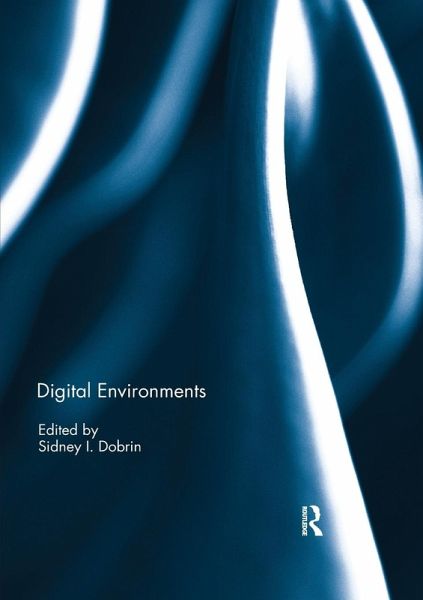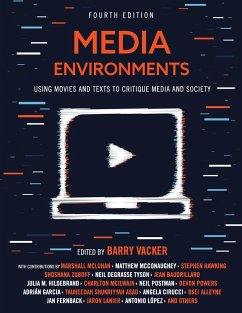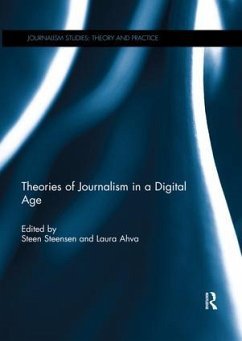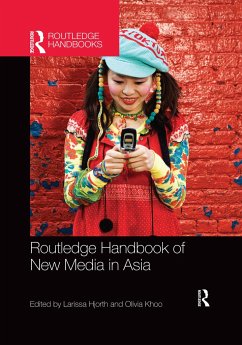
Digital Environments
Versandkostenfrei!
Versandfertig in 1-2 Wochen
56,99 €
inkl. MwSt.

PAYBACK Punkte
28 °P sammeln!
With the title serving as an umbrella term to distinguish simulated places from real places, Digital Environments signifies a shift in how we think about interactions with places and spaces, both real and simulated. The very idea of digital environments, though, complicates such distinctions, asking simultaneously (and perhaps reductively) as to how agents engage networks, and if there can be such distinctions between virtual and real place, between agents and networks. For ecocritics, the term brings together two concepts that are frequently cast as oppositional: digital standing in for techn...
With the title serving as an umbrella term to distinguish simulated places from real places, Digital Environments signifies a shift in how we think about interactions with places and spaces, both real and simulated. The very idea of digital environments, though, complicates such distinctions, asking simultaneously (and perhaps reductively) as to how agents engage networks, and if there can be such distinctions between virtual and real place, between agents and networks. For ecocritics, the term brings together two concepts that are frequently cast as oppositional: digital standing in for technology/technological and environments often used to represent nature/wilderness. Thus, reading digital environments as technological nature asks us to consider not only the relationships between technologies and natures, but the very idea that there can be such distinctions, or that there might be technological natures and natural technologies. In this way, then, the play of digital/environment exposes complexities in how we theorize both technology and nature, complexities that often result in the inevitable exclusivity and polarity between the two ideas. The real and the simulated, the technological and the natural, all unfold in flagrant and complex ways that make evident the need for framing technological theories within the gaze of ecocriticism and the need for framing ecocritical theories within technological gazes. This collection considers the possibilities of bringing ecocritical approaches into conversation with digital environments. The intent is to initiate a dialogue between two areas of research often understood as disparate. This book was originally published as a special issue of Green Letters: Studies in Ecocriticism.














